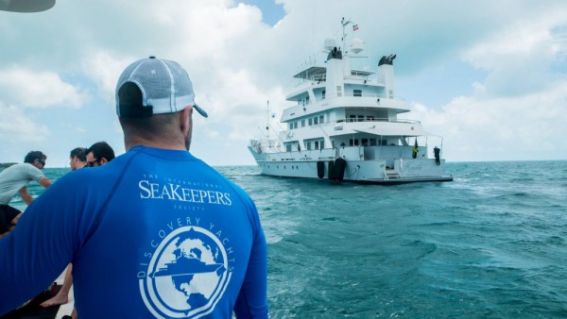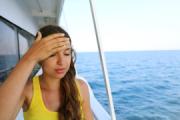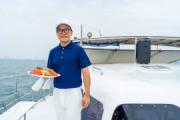The International SeaKeepers Society Launches a New Citizen Science Project, the Neuston Net Research Collective, to Engage Recreational Vessels in Science at Sea.
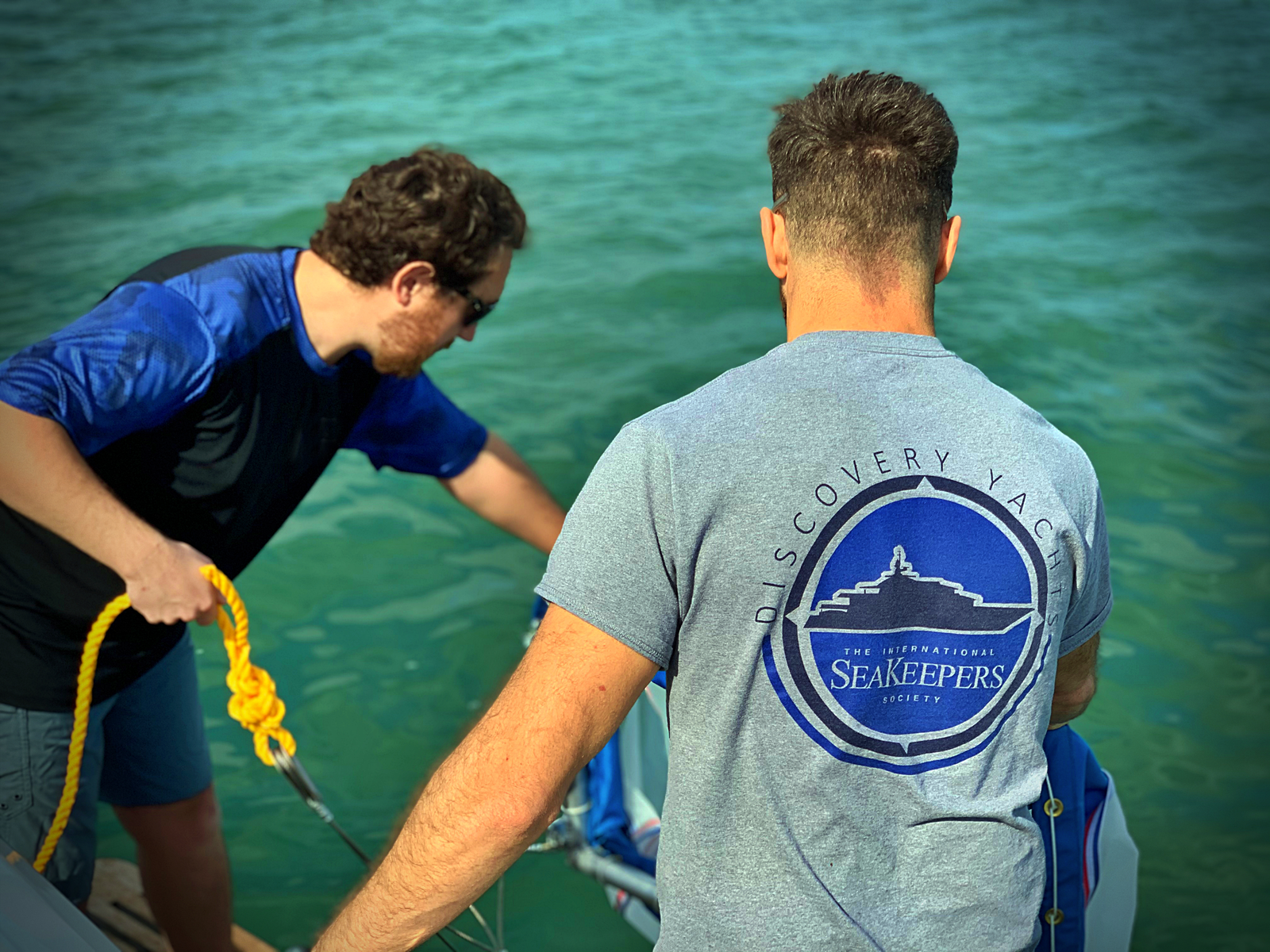
Photographed: Tony & Mark assembling the sampling net to be towed behind DISCOVERY Yacht Shredder
The International SeaKeepers Society launches a new Citizen Science opportunity called the Neuston Net Research Collective. In partnership with Florida Gulf Coast University, Georgia Institute of Technology, and Georgetown University, this initiative unites the academic and international yachting community to conserve and understand our oceans through scientific research.
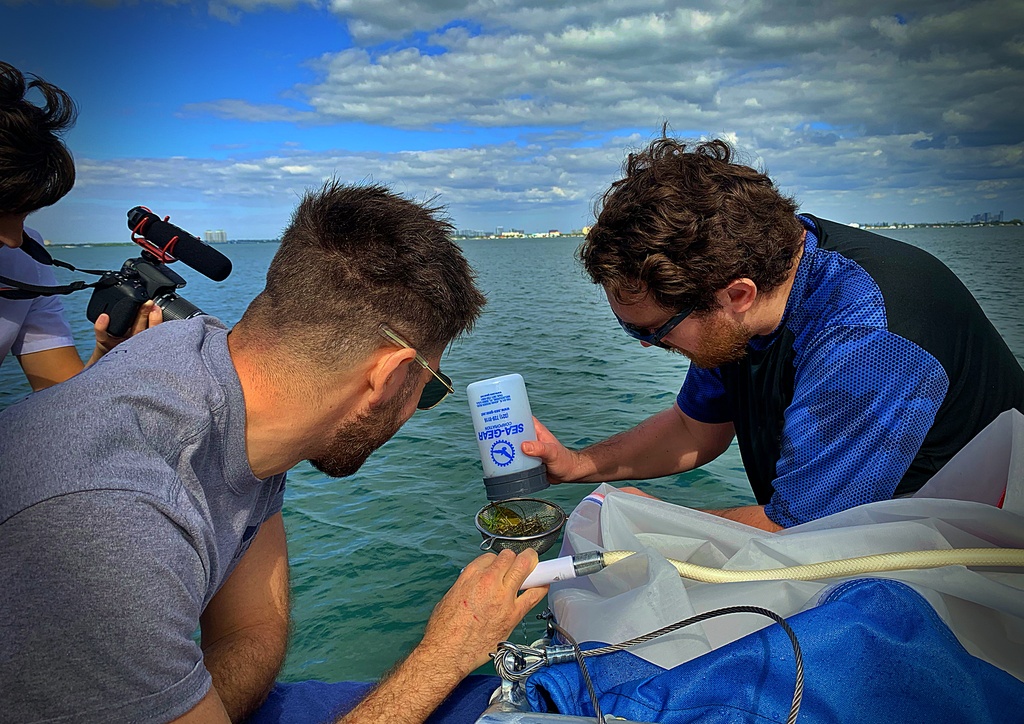
Photographed: Extracting the contents from the net into sample filters
By providing comprehensive onboard kits to recreational yachts, SeaKeepers allows crew and owners to conduct plankton survey-style transects related to one of our partnered research projects. Neuston Nets are fine mesh nets that are towed behind boats to collect samples of neustonic organisms, algae, plastics, plankton, seawater, and more. Our unique access to these nets allows us to pair proposed or ongoing projects with vessels around the world to collect samples from a wide geographic range. The research collaborators include:
Dr. Mike Parsons, Florida Gulf Coast University Dr. Mike Parsons is a professor of Marine Science in the Water School at Florida Gulf Coast University and the Director of FGCU’s Vester Field Station. From samples collected by SeaKeepers’ DISCOVERY Yachts, Dr. Parsons and his team at the Vester Field Station will examine the role of floating Sargassum in distributing/transporting Gambierdiscus dinoflagellates around the Greater Caribbean region. This is important to study because several Gambierdiscus species produce toxins (called ciguatoxins) that can move through a coral reef food web and toxify reef fish. When people eat fish that have accumulated enough of these toxins, they can get sick (gastrointestinal and neurological symptoms), in a malady called ciguatera poisoning.
Dr. Joseph Montoya, Georgia Institute of Technology Dr. Joseph Montoya is a biological oceanographer and professor at Georgia Institute of Technology. His areas of specialization include nutrient and stable isotope biogeochemistry, plankton biology, and oil impacts in offshore ecosystems. Using Sargassum samples collected by SeaKeepers’ DISCOVERY Yachts, Dr. Montoya will study the presence and function of Nitrogen in Sargassum. Sargassum species are found throughout tropical areas of the world including the Sargasso Sea, Caribbean, North Atlantic Ocean, Florida, and more.
Dr. Rebecca Helm, Georgetown University Dr. Rebecca Helm is an Assistant Professor at Georgetown University. She studies the ecology and evolution of life on the ocean’s surface layer. From photos of samples collected by SeaKeepers’ DISCOVERY Yachts, Dr. Helm will determine the geographic range and presence of certain neustonic organisms, including the Blue Button Jellyfish (Porpita porpita) and By-the-Wind Sailors (Velella velella). The neustonic organisms of interest are found Great Pacific Garbage patch and other floating patches of garbage around the world.
This new program is an expansion of an original project called the S.A.R.A.H. Initiative. It takes advantage of our stock of Neuston Nets by supporting multiple researchers at highly esteemed universities whom all utilize the nets in their marine biology and oceanography research.
To learn more about this program, you can visit https://www.seakeepers.org/neuston-net-program/.
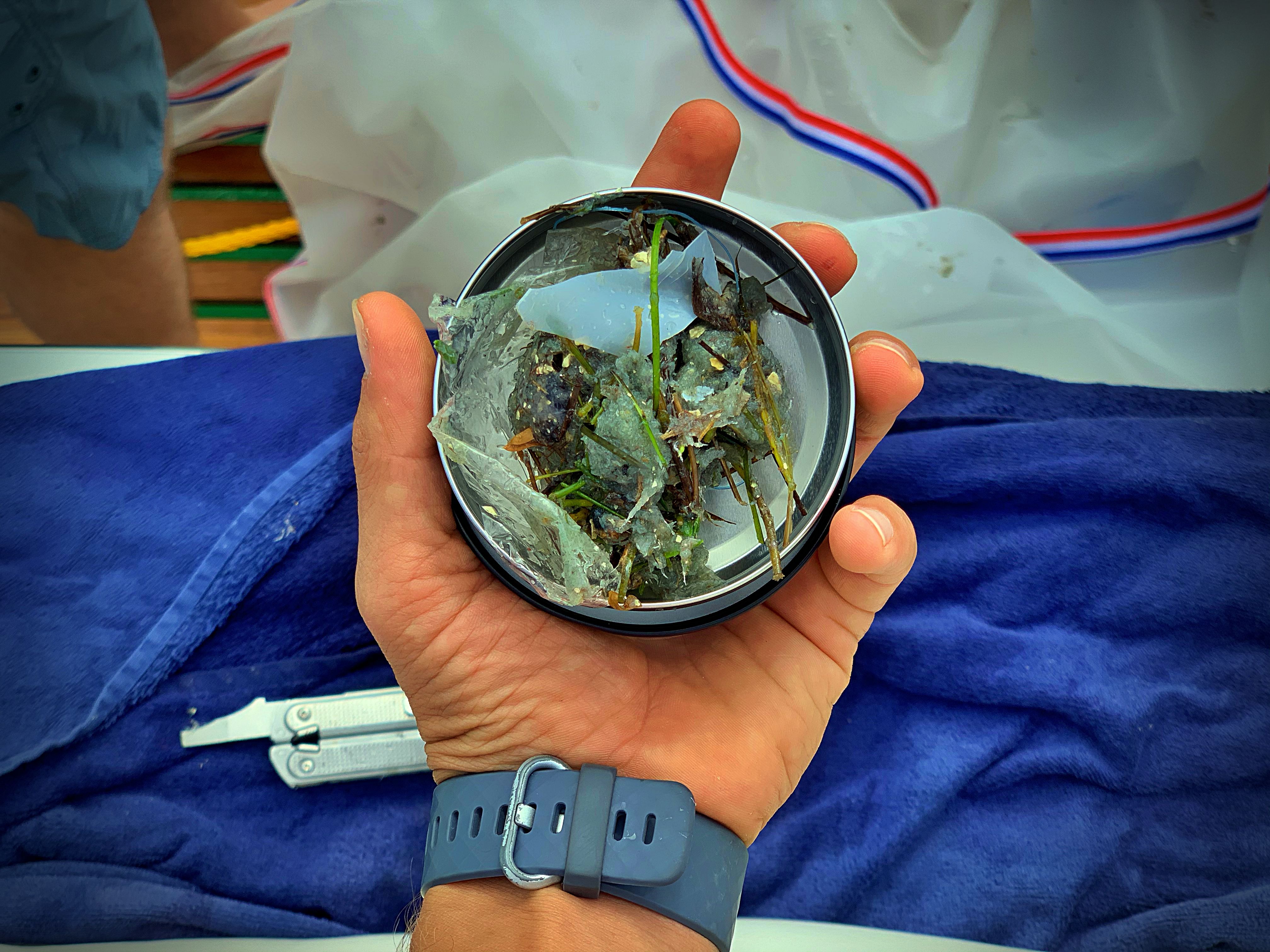
Photographed: Particles found after towing the Neuston Net
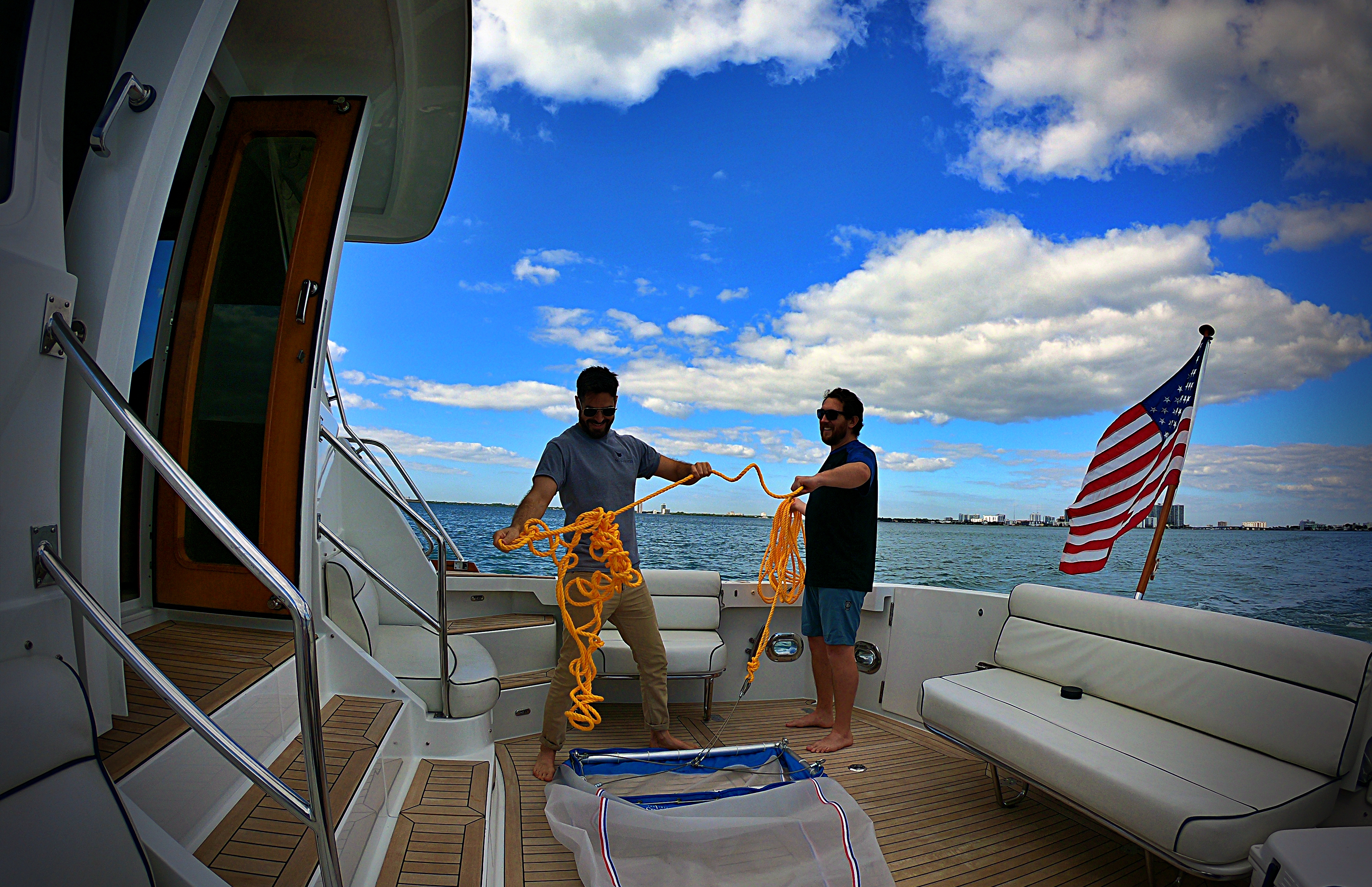
About The International SeaKeepers Society ® SeaKeepers is a not-for-profit 501(c)(3) organization focusing on the health of the world’s oceans and climate. SeaKeepers works with the boating and yachting community to take advantage of their unique potential to further marine research and to raise awareness about the issues our oceans face. SeaKeepers acts as a global catalyst working with governments, scientists, institutions, and other marine organizations to further its mission and support sensible, achievable marine protection and restoration. For more information, please visit http://www.seakeepers.org.
Program Contacts:
Katie Sheahan, M.A
Program Associate
255 Aragon Avenue, Third Floor Coral Gables, FL 33134
P: 786.924.6209 | C: 719.464.3030
Tony Gilbert
Program Director
255 Aragon Avenue, Third Floor Coral Gables, FL 33134
P: 786.924.6209 | C: 305.281.1497 (preferred)



 Employer Registration
Employer Registration
 Crew Registration
Crew Registration